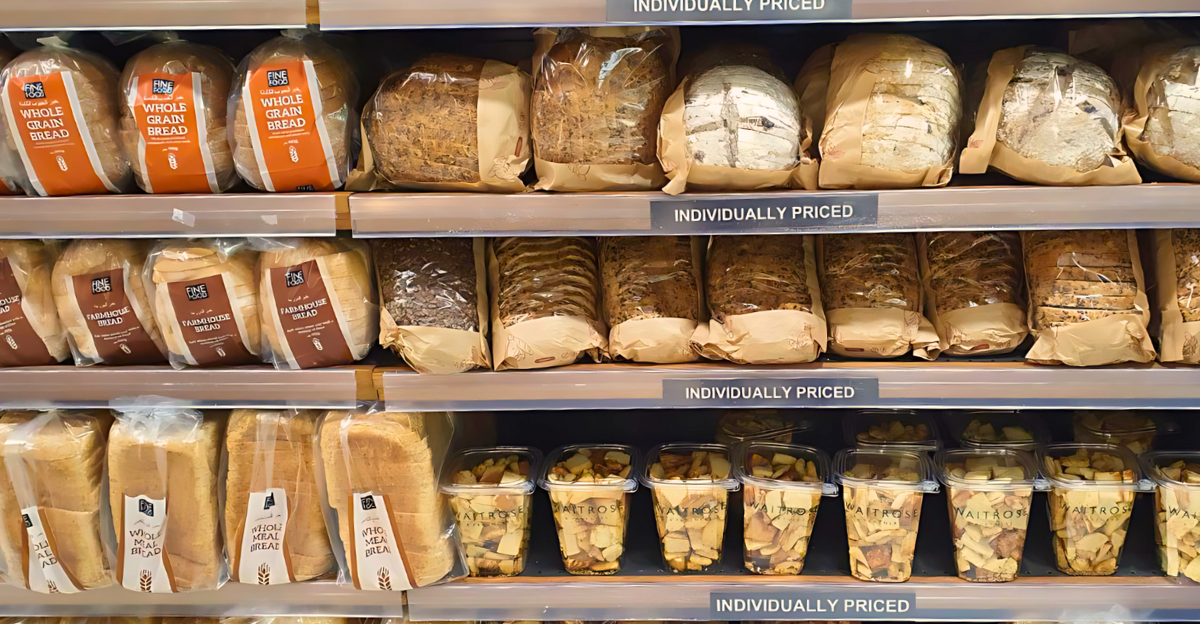
They pulled the bread. Not because it was stale or moldy, but because someone slipped up big time. The FDA just hit the panic button after finding out a popular loaf wasn’t telling the full truth on its label. The loaf contains undeclared hazelnuts. Yeah, the kind that can send people into a full-blown medical emergency. This goes beyond a routine labeling error. We’re talking about products sitting on shelves at some of the biggest retailers in the country, including Kroger and Walmart. So if you’ve recently grabbed a loaf without thinking twice, now’s the time to check your pantry.
The Recalled Product: Key Details
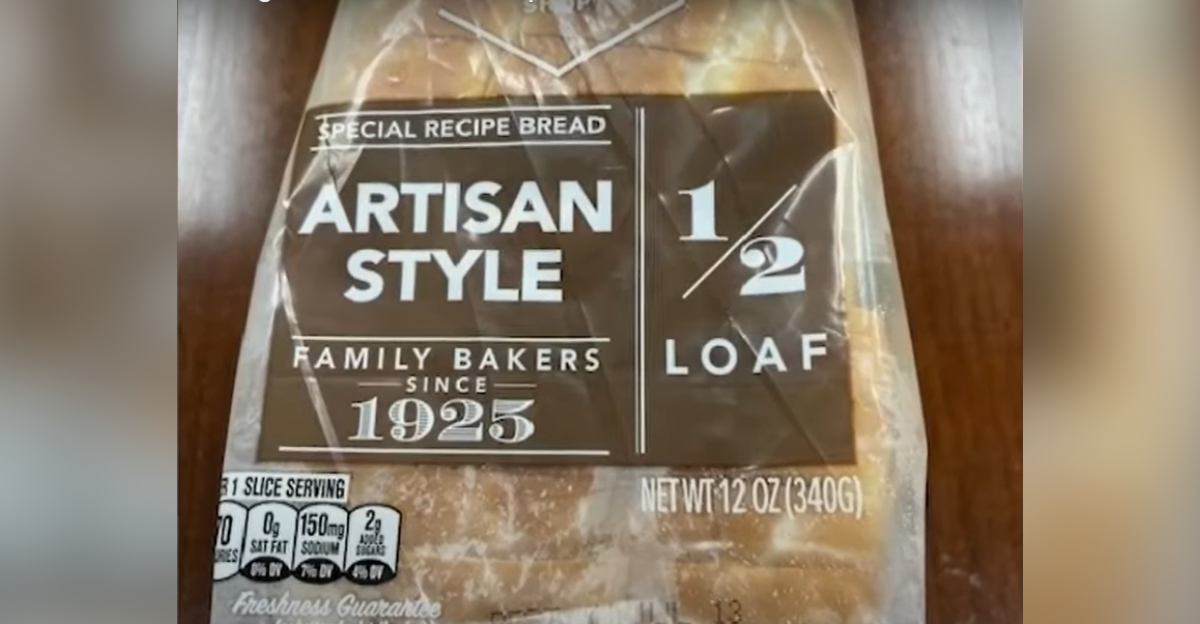
So what loaf are we talking about? Hartford Bakery’s Lewis Bake Shop Artisan Style 1/2 Loaf bread, the one that looks innocent enough to make your kid’s PB&J. The label leaves out a major allergen. The packaging says nothing about hazelnuts, but the bread has them baked right in. Each suspect loaf comes in a clear plastic bag with a blue Hartford Bakery logo, and UPC 24126018152. Moreover, if the date stamp says “Best By July 13,” that’s a red flag. If you bought it, anyone with a nut allergy is at risk. Time to double-check that bag. Also check for one of the following lot codes: T10 174010206, T10 174010306, T10 174010406, T10 174020206, T10 174020306, T10 174020406.
Affected Retailers and States
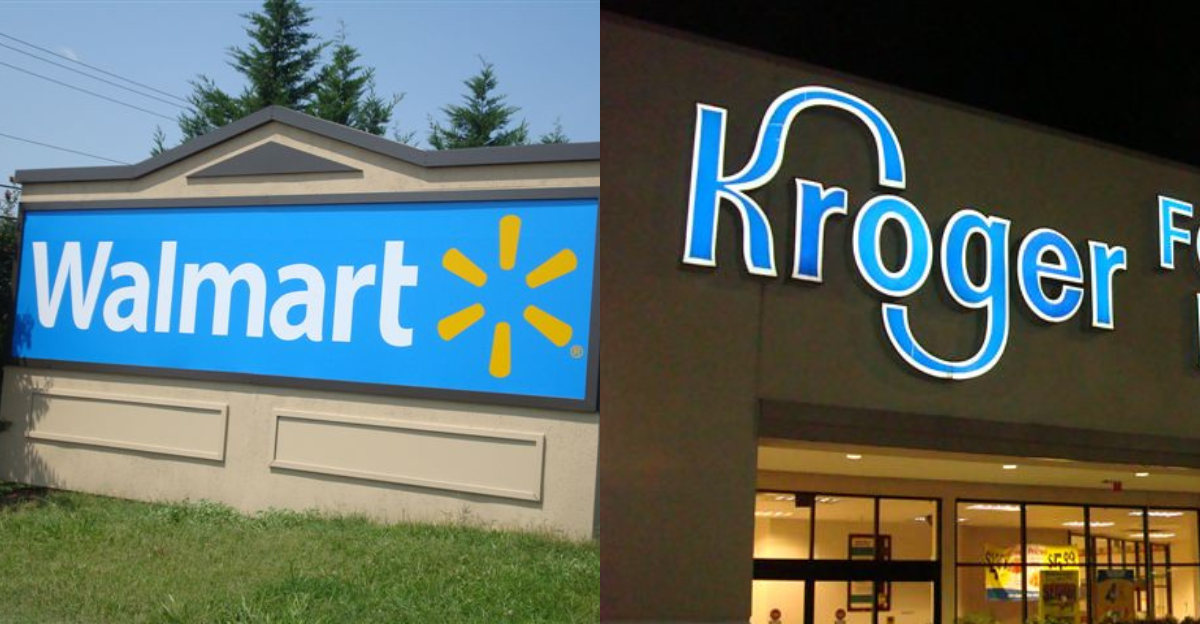
Now, here’s where it gets messy. Shipments went to multiple states beyond the bakery’s home region. Kroger and Walmart shelves across multiple states stocked up on the recalled bread. These included Ohio, Indiana, Kentucky, Tennessee, and a few more across parts of the Midwest and the South, making 12 in total. If your grocery run included one of these giants, you might want to play detective in your kitchen. Just assume the worst if you shop at these stores and check the bag before breakfast does more than ruin your morning.
Health Risks for Consumers

An undeclared tree nut can trigger severe allergic reactions. For someone with a hazelnut allergy, one bite could turn into a severe reaction requiring urgent care. These include symptoms like hives, swelling, breathing problems, even anaphylaxis, the kind that sends you to the ER in record time. And the worst part? Most people never saw it coming because the label gave zero warning. Imagine trusting your go-to loaf, making a sandwich, and suddenly your airway rapidly swells and obstructs breathing. That’s why the FDA jumped in so fast. So, check your bread before it checks you.
Consumer Complaints and Incident Reports
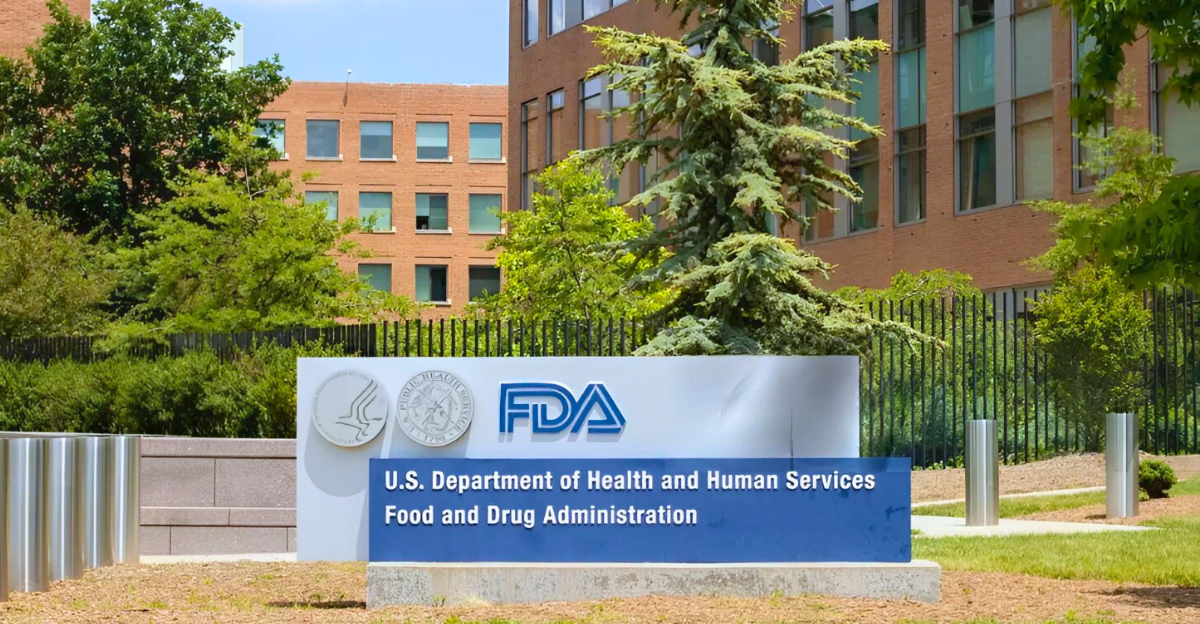
So, how did this whole mess come to light? Reports from consumers who became ill alerted regulators, that’s how. A handful of consumers reported severe allergic reactions after eating what they thought was plain white bread. Although nothing serious, it sent alarms ringing at Hartford Bakery and the FDA. From there, things unraveled pretty quickly. Investigators traced the issue to mislabeling, and suddenly the product was flagged for recall nationwide. No deaths have been reported so far, but the complaints were serious enough to spark this emergency recall. In short, the incident shows why accurate allergen labeling matters.
Packaging and Labeling Errors
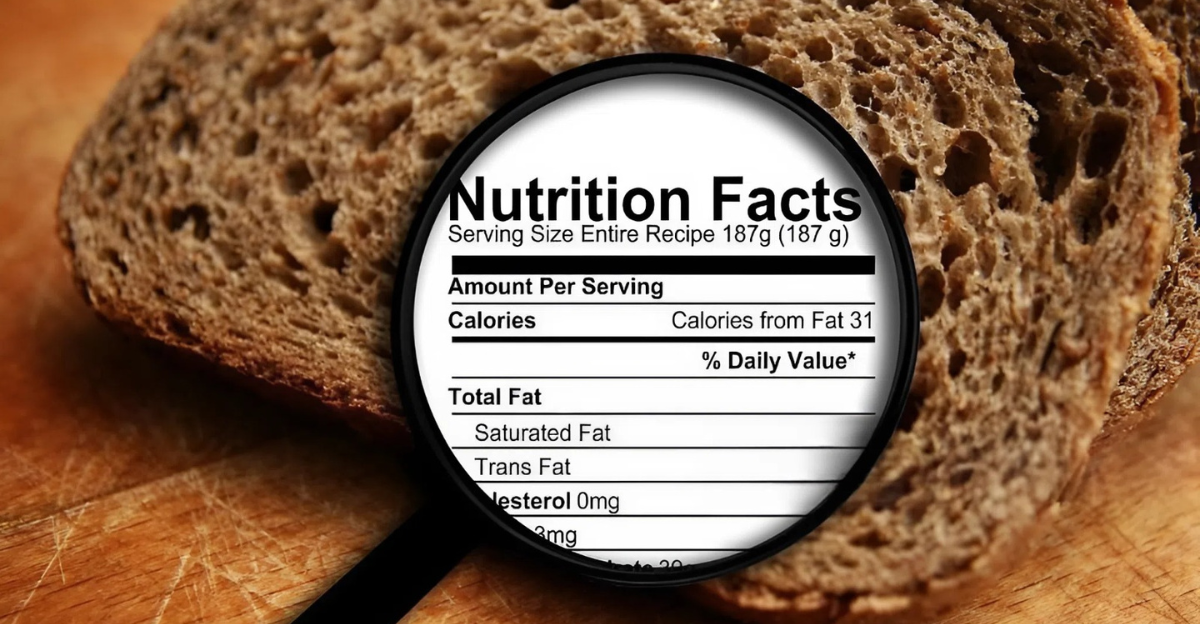
The thing is, the packaging looked perfectly fine. Bright logo, neat nutritional info, and not a single mention of hazelnuts anywhere. Whoever was in charge of printing those labels either missed the memo or had a really bad day. The allergen warning was conspicuously absent!
And that tiny slip can mean a huge disaster for someone who depends on those words to stay alive. Missing allergen statements put vulnerable consumers at risk. The bread looked harmless enough to trust, and that’s the problem. When a label lies by omission, it turns every bite into a gamble.
What Consumers Should Do
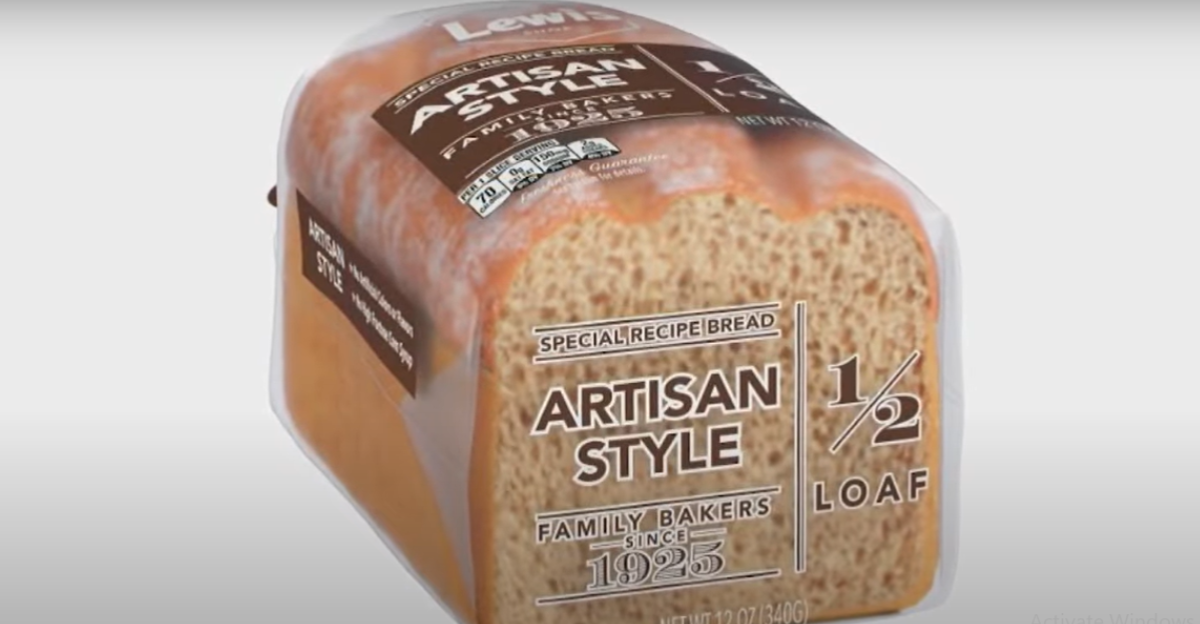
First, breathe, then check your pantry like your life depends on it, because for some people, it really does. Look for Hartford Bakery Lewis Bake Shop Artisan Style 1/2 Loaf bread with lot codes starting 1740 and “Best By July 13.” If you find it, do not eat it. Wrap it up, return it to the retailer for a refund, and ask for your refund. Absence of receipts does not matter because retailers have been told to honor the return. And please, if someone in your house has a nut allergy, make this your top priority today.
Statements from Hartford Bakery and the FDA
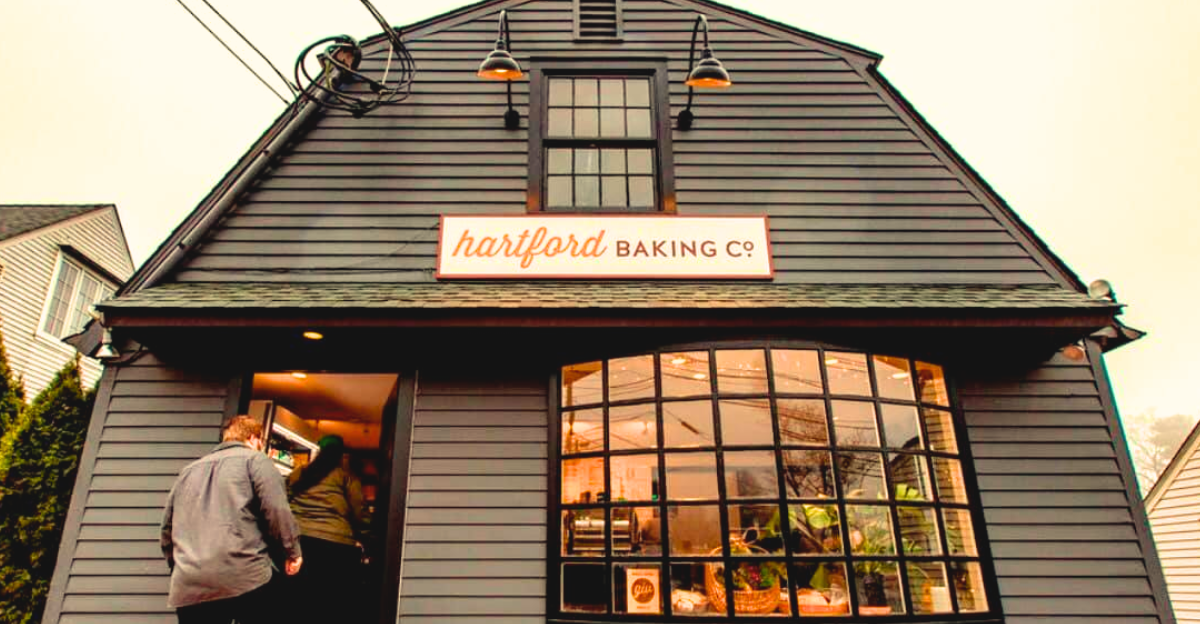
Hartford Bakery is doing its best “we’re so sorry” impression right now. In their official statement, they called it an unintentional error and promised to tighten quality checks so this doesn’t happen again. The FDA wasn’t nearly as gentle. They labeled it a Class I recall, indicating a situation where exposure could cause serious health consequences. Both parties are urging customers to check their bread immediately and return it for a full refund. No “maybes” here, this is a firm stop-eating-it order. In other words, Hartford reported the problem, and the FDA classified the recall quickly, and now we’re all combing through our kitchens.
Food Safety and Allergen Precautions
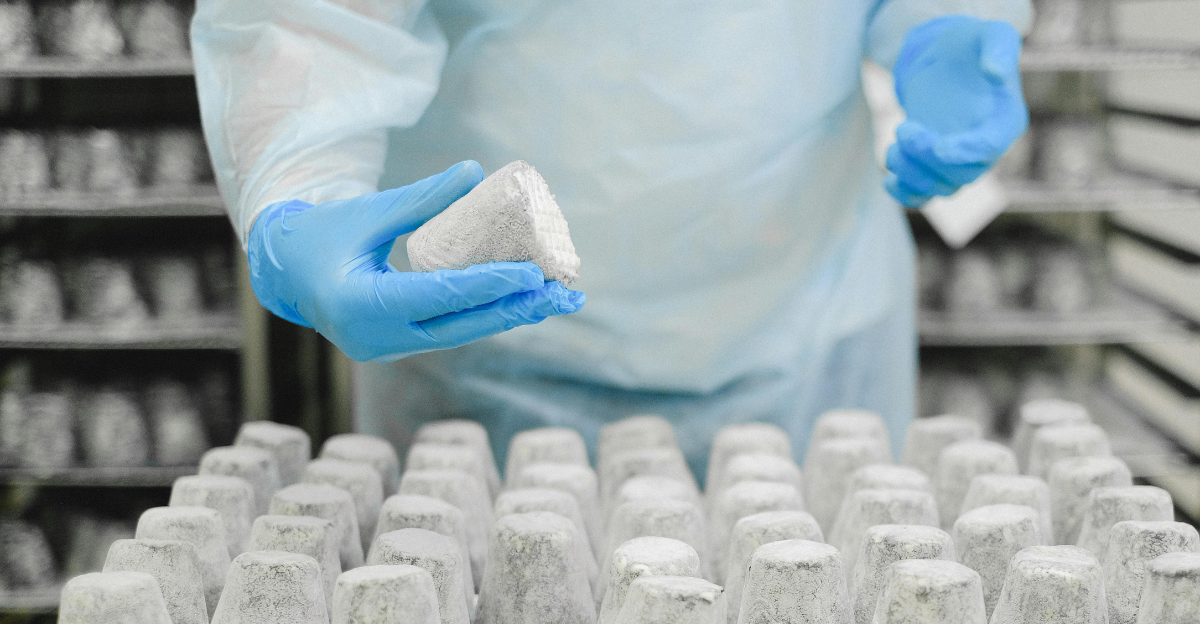
This whole fiasco is a reminder that allergen labels help prevent life threatening reactions. The U.S. has strict rules for a reason, because for millions of people, one wrong bite can mean a trip to the ER. Hazelnuts aren’t some obscure ingredient either, which makes this error even scarier. Packaging and labeling errors do occur, which is why checks matter, and most of us never question the bread aisle. Maybe we should. When a single missing word can turn a routine meal into a medical emergency. Attention to detail isn’t optional. This recall is a reminder to double-check allergen statements for both companies and shoppers alike.
Contact and Refund Information
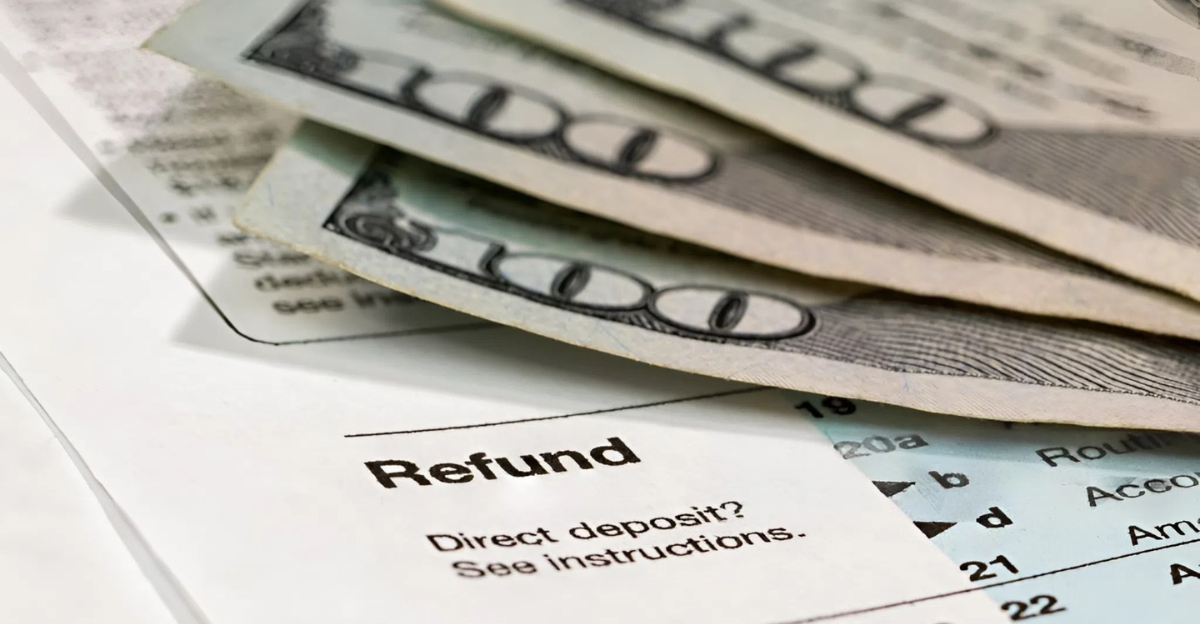
If you’re staring at a suspect loaf, here’s what to do. Call Hartford Bakery’s customer service at 1-812-425-4642 or visit their website for recall details. They’ll answer questions and arrange refunds. Customer service can assist with refunds if needed. Kroger and Walmart are already on board, so returns should be hassle-free.
If anyone in your household had a reaction, report it to the FDA’s MedWatch program. Please act promptly. A quick call or trip back to the store beats an ambulance ride any day. Safety first, refunds second.